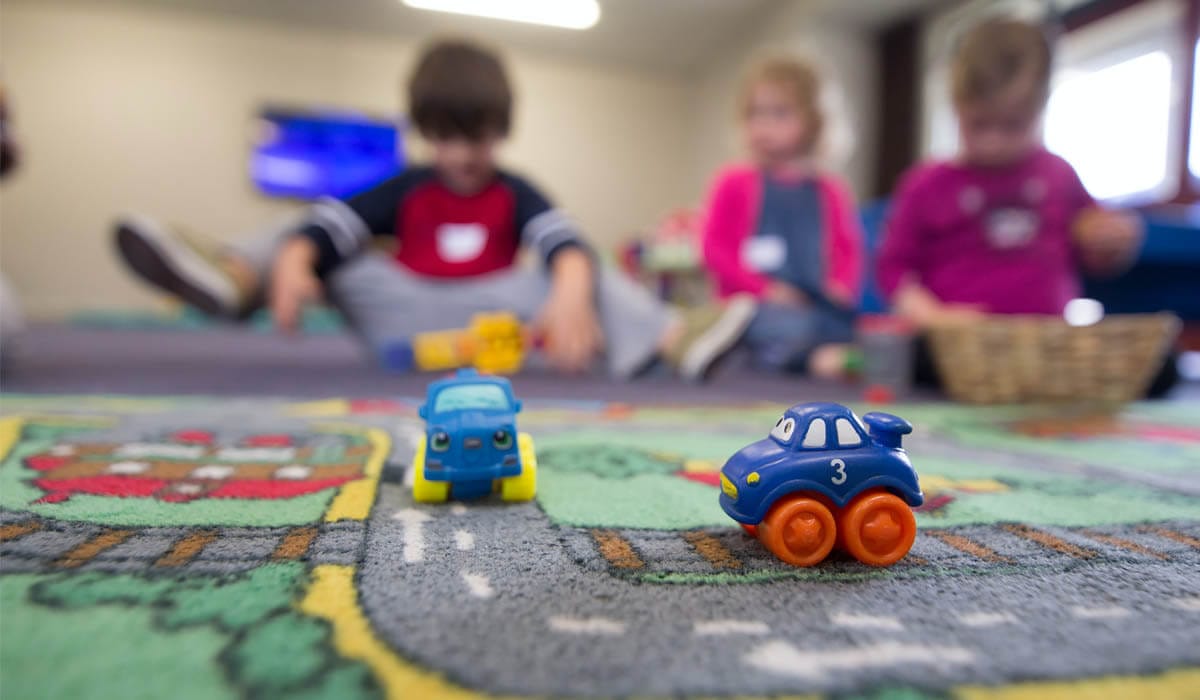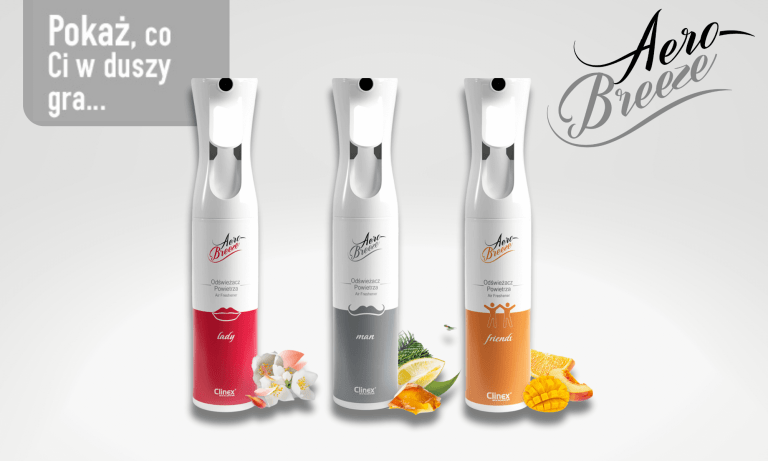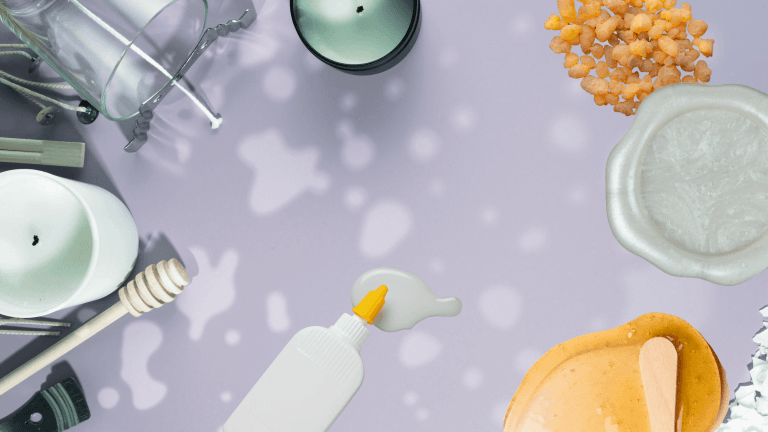Children like to touch various objects and surfaces, which unknowingly transmits various microorganisms. Their natural feature is high mobility, curiosity and uncontrolled touching of literally everything. Especially for the youngest, touch is a key sense through which they learn about the world. For their safety, professional disinfection is extremely important. Both in nurseries, kindergartens and schools, it is important to effectively reduce the risk of diseases caused by microorganisms. And as we know, children carry various germs on their hands. With such large groups found in educational institutions, the risk of disease increases dramatically. You can only protect yourself by regular and professional disinfection of the most exposed areas.
What areas require daily disinfection?
There are many places in educational institutions that children touch several or even dozens of times a day. The risk of microorganisms remaining on them is very high, so these areas should be disinfected every day or after each case of contamination.
This includes large areas such as:
- desks
- chairs
- furniture
- bookcases
- floors
And also smaller ones, such as:
- toys
- mattresses, including changing tables
- exercise equipment
- handrails and door handles
- light switches
There is no doubt that disinfection is also necessary in the following areas:
- sanitary
- locker rooms
- classrooms or other rooms
How to disinfect nurseries?
Nurseries are places where the youngest children stay. Their immunity is the weakest, which is why such facilities should place great emphasis on professional disinfection. In such places, it is extremely important to thoroughly and frequently disinfect toys. It should be emphasized here that, according to the Sanepid’s recommendations, disinfection of toys in nurseries should be preceded by washing. This is extremely important because microorganisms hidden under a layer of grease and dirt can survive. This biofilm layer allows microorganisms to multiply, and after about 24 hours their number returns to the pre-disinfection state.
Disinfection areas in nurseries
You can avoid this by using DEZOFast by Clinex. It is a professional, concentrated disinfectant and cleaning agent that has excellent bactericidal, fungicidal and virucidal properties. It is ideal for disinfecting all waterproof surfaces, especially for disinfecting:
- tables
- chairs
- furniture
- changing tables
- feeding seats
- toys
- sanitary facilities
Its broad spectrum of action allows for effective and safe disinfection in nurseries. DEZOFast is a strong, aldehyde-free preparation that is also effective against viruses, including coronaviruses. Its use is extremely simple and is limited to liberally spraying waterproof surfaces and rubbing the preparation with a microfiber cloth. When using disinfection products, we must not forget to use protective gloves.
Disinfection in kindergartens
Kindergartens are also places where we deal with children with low immunity. Preschoolers are very active and curious, so they often change toys and touch surfaces such as furniture, floors, tables and chairs just as often. These areas therefore require regular disinfection.
However, in kindergartens we must not forget about proper disinfection of sanitary rooms. Extremely sensitive surfaces in toilets are:
- sinks
- potties and toilet seats
- toilet seats
- flush
- doors and handles
Toys, desks, tables and chairs are also disinfected in the kindergarten. The floor should also be cleaned with a disinfectant and cleaning agent, such as Clinex DEZOFast. In the case of large waterproof surfaces, it is recommended to use a concentrated agent. After properly preparing the solution, you can proceed to washing and disinfecting large areas such as furniture, tables and floors. Simply wet a cloth in the solution and wipe larger surfaces of desks or chairs, leaving a thin film of the solution on them until it dries completely. We proceed similarly when washing and disinfecting floors, remembering to replace the solution each time.
Disinfection in schools – what to pay attention to?
When it comes to schools, we deal with children of different ages. From toddlers to teenagers. As we know, each of them can carry various microorganisms, so disinfection is also an extremely important element of taking care of the hygiene and health of those under our care.
Areas subject to disinfection at school include:
- benches and chairs
- individual bookcases (doors)
- door handles and handrails
- light switches
- locker rooms
- toilets
In schools, areas such as handrails, door handles and toilets deserve special attention. This is where children most often leave a multitude of pathogens. These are the surfaces that are touched by almost everyone who passes through the school. Therefore, it is worth washing them with DEZOFast several times a day to quickly get rid of all microorganisms, including dangerous and easily spreading viruses and bacteria.
Disinfection of educational facilities should be carried out using professional preparations. DEZOFast belongs to this group, what’s more, it has strong, fast and effective bactericidal, fungicidal and virucidal effects. It is also very easy and quick to use, which allows you to ensure a high level of hygiene even in busy places such as school corridors or toilets.






